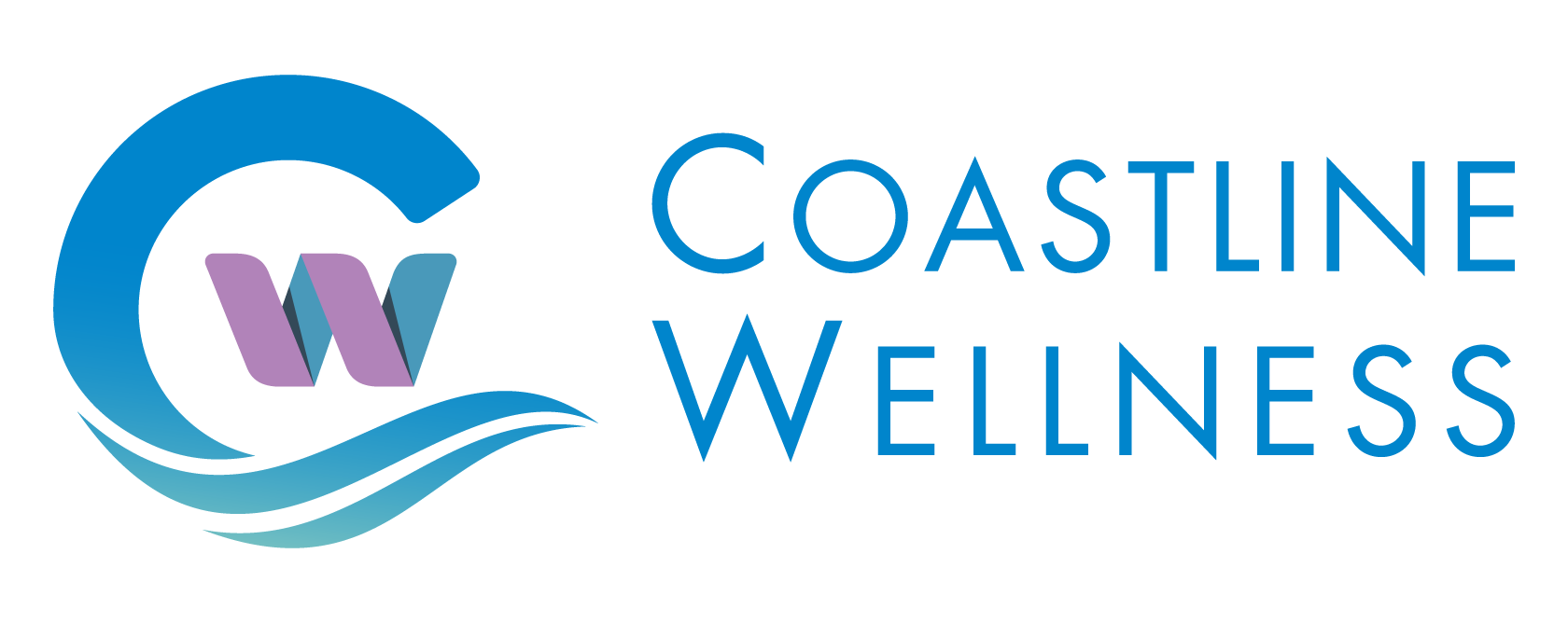Testosterone Replacement in Wilmington and beyond has become increasingly popular and has emerged as a transformative treatment for individuals experiencing symptoms of low testosterone, or hypogonadism.
Testosterone, a vital hormone in the body, plays a crucial role in maintaining physical health, mental well-being, and overall quality of life. As levels naturally decline with age or due to medical conditions, TRT offers a pathway to restore balance and improve overall health.
Understanding Testosterone and Its Role
Testosterone is primarily known as the male sex hormone, but it is also present in smaller amounts in females. It influences a wide range of bodily functions, including:
- Muscle mass and strength
- Bone density
- Mood and cognitive function
- Energy levels
- Sexual health and libido
When testosterone levels drop below normal, individuals may experience fatigue, depression, reduced muscle mass, weight gain, and diminished sexual performance. TRT addresses these issues by restoring hormone levels to a healthy range for both men and women who may be suffering from some of the listed “Low T” side effects.
Key Benefits of Testosterone Replacement Therapy
- Increased Muscle Mass and Strength TRT enhances protein synthesis, promoting muscle growth and improving strength. This benefit is particularly important for aging individuals who may struggle with muscle loss (sarcopenia).
- Improved Energy Levels Many individuals with low testosterone report chronic fatigue. TRT can restore energy and vitality, enabling individuals to lead more active lives.
- Enhanced Mood and Mental Health Low testosterone is often linked to depression, irritability, and difficulty concentrating. TRT can stabilize mood and improve cognitive function, leading to better mental clarity and emotional well-being.
- Better Bone Health Testosterone plays a critical role in maintaining bone density. By increasing bone mineral density, TRT reduces the risk of osteoporosis and fractures.
- Boosted Libido and Sexual Performance Low testosterone levels often lead to reduced libido and erectile dysfunction. TRT can reignite sexual desire and improve performance, enhancing intimate relationships.
- Improved Cardiovascular Health Emerging research suggests that TRT may improve heart health by reducing fat mass, increasing lean body mass, and improving cholesterol profiles. While more studies are needed, early evidence points to potential cardiovascular benefits.
Who Can Benefit from Testosterone Replacement in Wilmington?
TRT is typically recommended for individuals with clinically low testosterone levels and symptoms of hypogonadism. Common candidates include:
- Men over 30 experiencing age-related testosterone decline.
- Individuals with medical conditions affecting testosterone production, such as Klinefelter syndrome or pituitary disorders.
- Women with specific health conditions leading to low testosterone.
Methods of Administration
TRT can be delivered through various methods, depending on individual preferences and medical advice:
- Injections: Administered intramuscularly, providing long-lasting effects.
- Transdermal Patches or Gels: Applied daily to the skin for consistent absorption.
- Pellets: Implanted under the skin for slow and steady release over months.
- Oral Medications: A less common method due to potential liver side effects.
Potential Risks and Considerations
While TRT offers numerous benefits, it is essential to be aware of potential risks and side effects, including:
- Acne or oily skin
- Sleep apnea
- Increased red blood cell count, which can raise the risk of blood clots
- Prostate health concerns
Regular monitoring by a healthcare provider is crucial to ensure the therapy is safe and effective.
The Role of Healthcare Providers
Before starting TRT, a healthcare provider will conduct comprehensive evaluations, including blood tests, medical history, and symptom assessments. Ongoing follow-ups are essential to monitor testosterone levels, adjust dosages, and manage any side effects.
